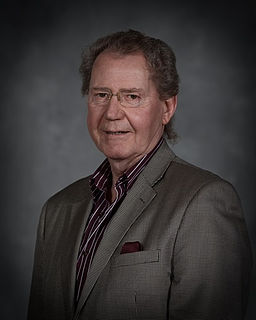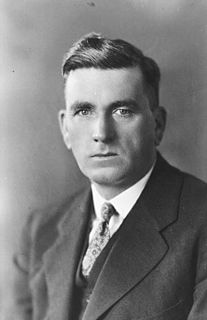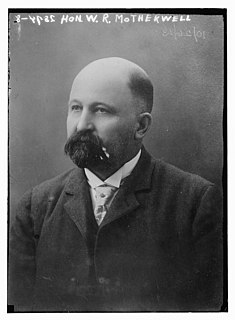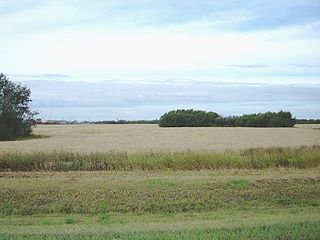William Robert Bell (28 May 1845 – 17 February 1913) was a militia officer, farmer, and businessman who was born in Brockville, Ontario.
Bells military history is connected with the Fenian raids of 1866 and 1870 where he achieved the rank of Major.

Between 1866 and 1871, the Fenian raids of the Fenian Brotherhood, an Irish Republican organization based in the United States, on British army forts, customs posts and other targets in Canada, were fought to bring pressure on the UK to withdraw from Ireland. They divided Catholic Irish-Canadians, many of whom were torn between loyalty to their new home and sympathy for the aims of the Fenians. The Protestant Irish were generally loyal to the UK and fought with the Orange Order against the Fenians. While US authorities arrested the men and confiscated their arms, there is speculation that some in the US government had turned a blind eye to the preparations for the invasion, angered at actions that could have been construed as British assistance to the Confederate States during the American Civil War. There were five Fenian raids of note and all of them ended in failure.
Bells most important contributions to history were in the field of agriculture. He was involved at one time in a large-scale agricultural operation, known as the Bell-Kelso Farm, and located in Minnesota. Building on that experience he began a model farm in what is now Indian Head, Saskatchewan. Started in 1882 and encompassing 55,000 acres, it was known as Bell Farm.

Indian Head is a town in southeast Saskatchewan, Canada, 69 kilometres (43 mi) east of Regina. The town is directly north of the Trans-Canada Highway. It "had its beginnings in 1882 as the first settlers, mainly of Scottish origin, pushed into the area in advance of the railroad, most traveling by ox-cart from Brandon." "Indian" clearly refers to Aboriginal Canadians. The town is known for its federally operated experimental farm and tree nursery, which has produced and distributed seedlings for shelter belts since 1901. For many years the programme was run by the Prairie Farm Rehabilitation Administration (PFRA).
Bell Farm is a heritage farm built in 1882 by Major Bell on ten miles (16 km) square or 60,000 acres (24,000 ha) at Indian Head. The Bell Farm Barn is amongst the ten top most endangered sites by the Heritage Canada Foundation.sp The round structure consisted of a silo which could be used also as a lookout tower. The silo had a capacity of 4,000 bushels of oats and 100 tons of hay. The surrounding area could house 36 horse and an office. Having the silo centrally located greatly reduced labour involved in livestock feeding and resulted in a stronger facility than the rectangular structures.









